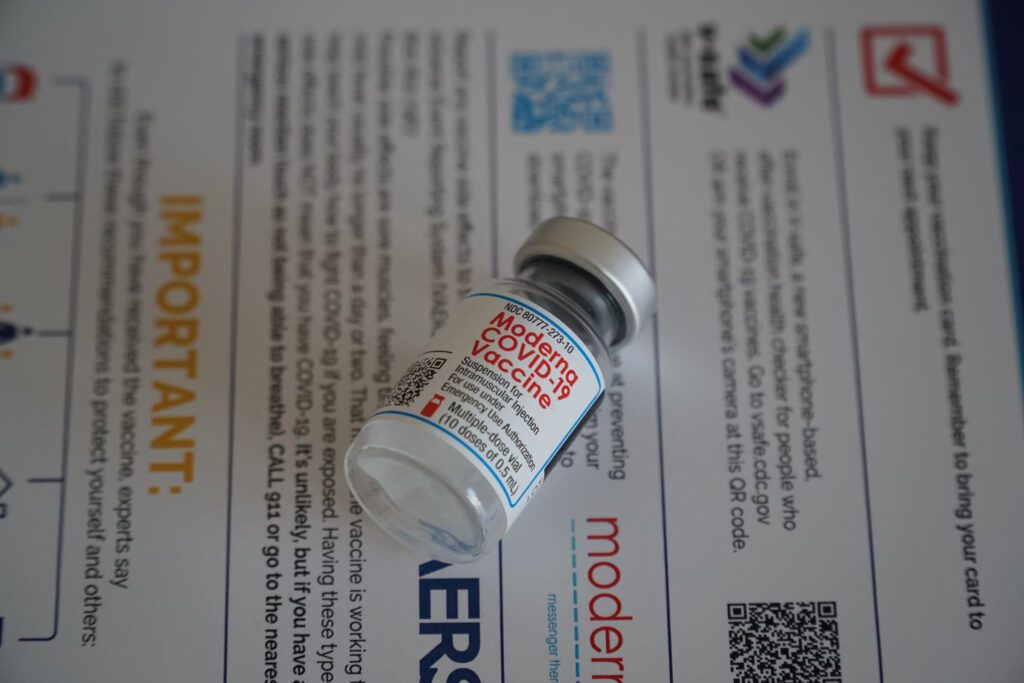The Omicron-focused Moderna and Pfizer-BioNTech COVID-19 vaccines were given emergency use authorization (EUA) by the Food and Drug Administration (FDA) yesterday for use as booster shots for young children.
The bivalent Moderna vaccine is authorized for booster doses in children as young as 6 and the bivalent Pfizer vaccine is authorized for booster doses in children as young as 5. According to the FDA, for children aged 5 to 11, the monovalent Pfizer-BioNTech shot is no longer authorized as a booster; nevertheless, both the Moderna and Pfizer-BioNTech monovalent shots are still authorized for the primary series in all individuals aged six months and older.
The bivalent boosters contain “an mRNA component of the original strain of SARS-CoV-2 and a component of Omicron lineage BA.1.0,” according to the FDA. On Aug. 31, the FDA granted them EUA for use in both adults and children ages 12 and up.
Studies show the new boosters work well. “Boosting with updated mRNA vaccines that target SARS-CoV-2 variants stimulates better neutralizing antibody responses than homologous boosters,” research published in Nature revealed last week. Antibodies produced by the booster last longer, “with neutralizing antibodies decaying less rapidly after the bivalent vaccine than after the monovalent ancestral booster.”
‘A long slog’
Despite the vaccines’ proven effectiveness, fewer than one-third of children aged 5 to 11 and only around 58% of those aged 12 to 17 have received their initial COVID-19 vaccinations, Axios reports.
According to Jen Kates, director of global health and HIV policy at the Kaiser Family Foundation (KFF), “overall, the vaccination push will continue to be a long slog, perhaps only receiving a jolt if cases start to rise significantly and/or a new variant emerges that is more harmful.”
Only 50% of adults had heard “a lot” (17%) or “some” (33%) about the new bivalent boosters, according to research by the KFF. A little more than 12% of the respondents polled by KFF said they would unquestionably refuse to receive the vaccine, 10% said they would only do so if absolutely necessary, and 18% said they would wait and see.




